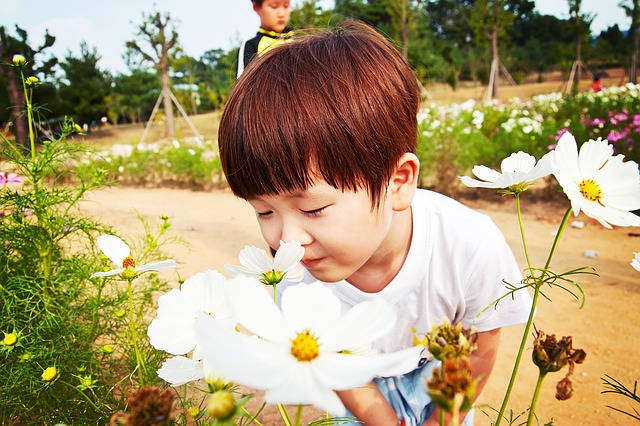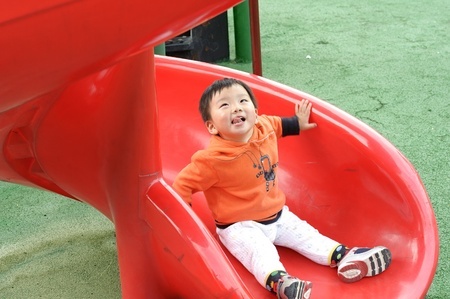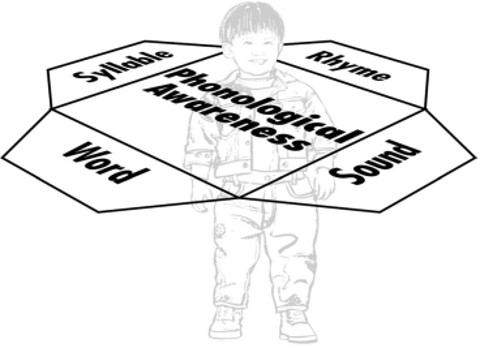Heard of the term “Middle Child Syndrome”? According to psychoanalyst Dr Alfred Adler, a child’s birth order shapes their personality and world view pretty significantly. Middle children may feel left out or unnoticed, as compared to the eldest child or the baby of the family.

Very often, we give our first child the best of ourselves and whatever we have – almost everything they have is first-hand, and they are born into a situation when they have their parents’ undivided attention. Firstborns tend to be over-achievers and perfectionists, although this is, of course, a generalization.
Meanwhile, the youngest child is often spoiled by parents and siblings who over-protect the last baby of the family. They are used to being the center of attention and may grow up in a bubble of protection where their older siblings are told to give way to them.
Consequently, middle children may grow up feeling overlooked and nothing “special”, even though they may be equally loved and cherished by their parents. This can lead them to rebel on the one hand, or become a people-pleaser on the other. In extreme cases, these children may fall into depression or the trap of performance anxiety.
Here are a few tips to help that beloved middle child feel genuinely loved, important and included.
#1 Accept each child’s personality

Every child wants to feel special and unique. Never make comparisons between children, and especially where the middle child is concerned. Already, they are struggling to find their place in the family, and they certainly don’t need to be made to feel like they need to behave just like their brother or sister.
#2 Give them one-to-one attention – lots of it!

Plan in dates with each of your children where you can give them your undivided attention. This is something middle children may need the most. Very often, it’s a need for attention that drives middle children to extreme or rebellious behaviours, such as shaving their heads or acting out in school. At the same time, they are in the process of trying to shape their identity and would benefit greatly from your input and journeying with them.
#3 Ask their opinion
It’s not easy to take everyone’s opinion into account when making a family decision, but it definitely helps to bond the family together in the process. Do always make a special effort to ask your middle child for their opinion, listen attentively and consider it thoughtfully.
#4 Don’t make your middle child co-parent
Almost intuitively, middle children may gravitate towards being the peace-maker in sibling conflicts, and parents may take advantage of this trait to relinquish their role as a referee to the willing middle child. However, in the process, it discourages them from making their own preferences known, in their bid to “keep the peace”, and consequently, they may feel that their desires are less important or valid.
#5 Encourage your children to be different
Instead of focusing on honing your children’s talents in the same area, e.g everyone goes for music class), be attentive to the unique giftings and interests of each child and seek to develop them in those areas. Having the freedom to not follow in their parents’ or siblings’ footsteps can mean the world to the middle child.
#6 Buy them something new – at least once in a while

Your first child probably had most things first-hand, and your last is already so doted on by everyone that it doesn’t really matter that much, but to your middle child, living from hand-me-down to hand-me-down may be sending the message that they are second-best. Of course, it’s not that second-hand items are not good – we all need to save money for a rainy day – but your middle child would definitely appreciate the occasional treat, be it a coveted jacket or a brand-new bicycle.
#7 Capture precious memories

Firstborn children typically have the most photos – their first meal, first bath, first-everything, basically. With each subsequent child, the tendency is to not get that excited over everything new and to take a lot fewer photos. Parents, do be mindful to take family photos whenever you can, and also to capture special individual shots of each child, especially the middle child.
What do you do to ensure you don’t show favouritism to your children? Drop us a comment below!
By Dorothea Chow
Any thoughts after reading this article? Please feel free to leave us your comments!
Like what you read and want more? Receive our latest articles and giveaways when you sign up on our mailing list here.




























































Leave a Comment: